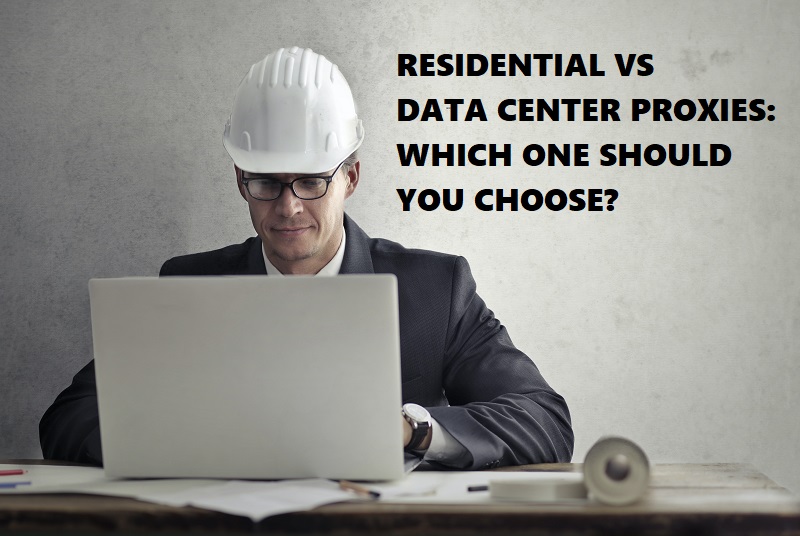
Understanding the Differences Between Residential and Data Center Proxies
When it comes to web scraping, using proxies is a common practice to avoid being detected and blocked by websites. Many even opt for a web scraping proxy rotator, like the one provided by ZenRows. There are two main types of proxies - residential and data center proxies. While both serve the same purpose of masking the user's IP address, they have significant differences that can affect their effectiveness for different use cases. In this article, we will dive into the differences between residential and data center proxies.
Residential Proxies
Residential proxies are IP addresses that are assigned to a physical location and belong to an Internet Service Provider (ISP). They are sourced from real devices and networks, making them appear more authentic and less likely to be detected by websites. Residential proxies provide a higher level of anonymity compared to data center proxies, as they appear to be regular users browsing the web. They are ideal for web scraping tasks that require data from geographically targeted locations, such as online market research, SEO tracking, and social media management.
Data Center Proxies
Data center proxies, on the other hand, are IP addresses that are not associated with a physical location or ISP. They are created in data centers, where large numbers of servers are located. Data center proxies are cheaper and faster than residential proxies, making them a popular choice for large-scale web scraping tasks. However, they are also easier to detect by websites, as their IP addresses are often grouped together and identified as suspicious traffic. Data center proxies are suitable for tasks that require speed and volume, such as ad verification, price monitoring, and web development testing.
How does Residential Proxy Network Work?
A residential proxy network is a vast network of IP addresses sourced from real devices and networks worldwide. For example, Bright Data's residential proxy network consists of over 72 million residential proxies and they rotate every few minutes, making it difficult for websites to detect and block them. This type of feature ensures that the proxies are always fresh and available for use. Most residential proxies are compatible with most web scraping tools and software, making them a convenient choice for businesses of all sizes.
Conclusion
The choice between residential and data center proxies depends on the specific use case and requirements of the task at hand. For tasks that require authenticity and geographic targeting, residential proxies are the way to go. For tasks that require speed and volume, data center proxies are more suitable. Bright Data's residential proxy network offers a reliable and convenient solution for businesses that require high-quality residential proxies.
Share this post
Leave a comment
All comments are moderated. Spammy and bot submitted comments are deleted. Please submit the comments that are helpful to others, and we'll approve your comments. A comment that includes outbound link will only be approved if the content is relevant to the topic, and has some value to our readers.

Comments (0)
No comment